Author: Mr.Yu, Michelin
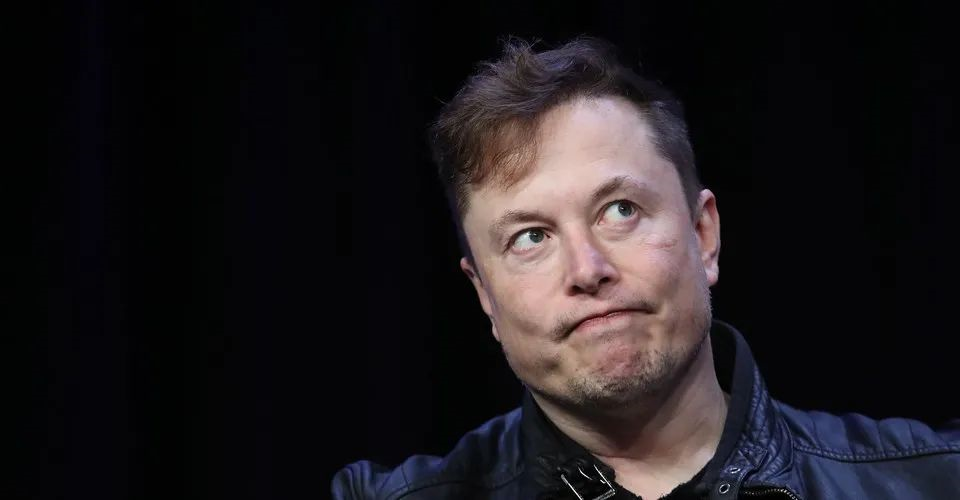
It’s related to cars, but it’s also unrelated to cars
There is a saying in the north to describe a person’s continuous misfortune:
“Even drinking cold water will get stuck in your teeth, and farting will hit your heel.“
This may be a suitable description of Tesla’s current situation.
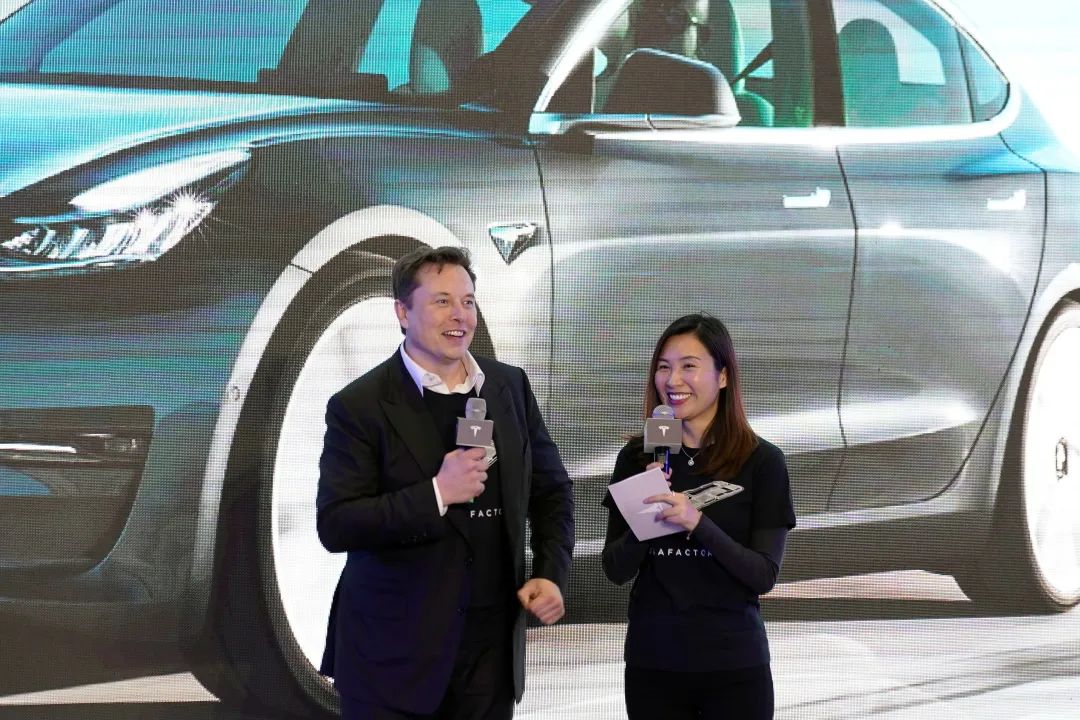
Since Musk admitted that Tesla monitors users through in-car cameras, the controversy surrounding Tesla has reached its peak. This includes the female car owner’s “climb” to rights advocacy at the 2021 Shanghai Auto Show, the Tesla executive’s inappropriate remarks, and the significant decline in sales figures in April, which is a “result” of the controversy.
Recently, it has been reported that Tesla has suspended construction of its Shanghai factory expansion, and everyone is guessing whether this signals its preparation to “leave” China.
We believe that the public opinion storm is just one side, and that the information behind it is worth calmly considering.
Failing Brakes and Negative Examples
Looking at the case of the female car owner and rights advocacy, did Tesla’s brakes fail?
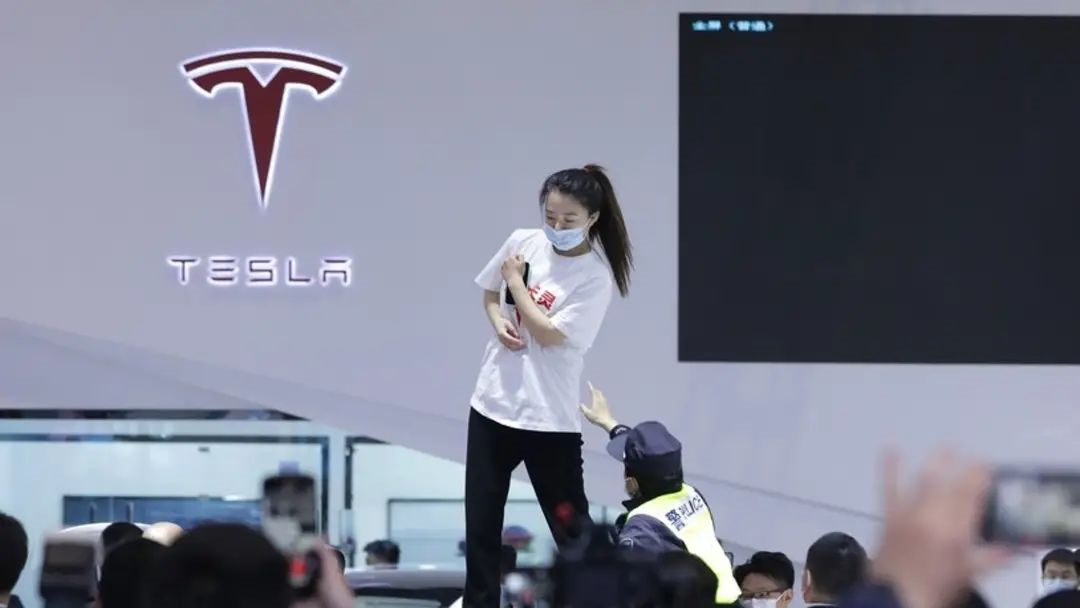
From an engineering perspective, there are many factors that affect braking distance, including not only the braking force of the braking system itself but also the effect of road surface adhesion coefficient. Of course, the initial velocity of the vehicle will also have a significant impact on the final result of the braking distance. This is why Tesla insisted that the speed of the vehicle involved in the collision was too fast.
The so-called Tesla brake failure mentioned by people is not a failure of the braking system itself.
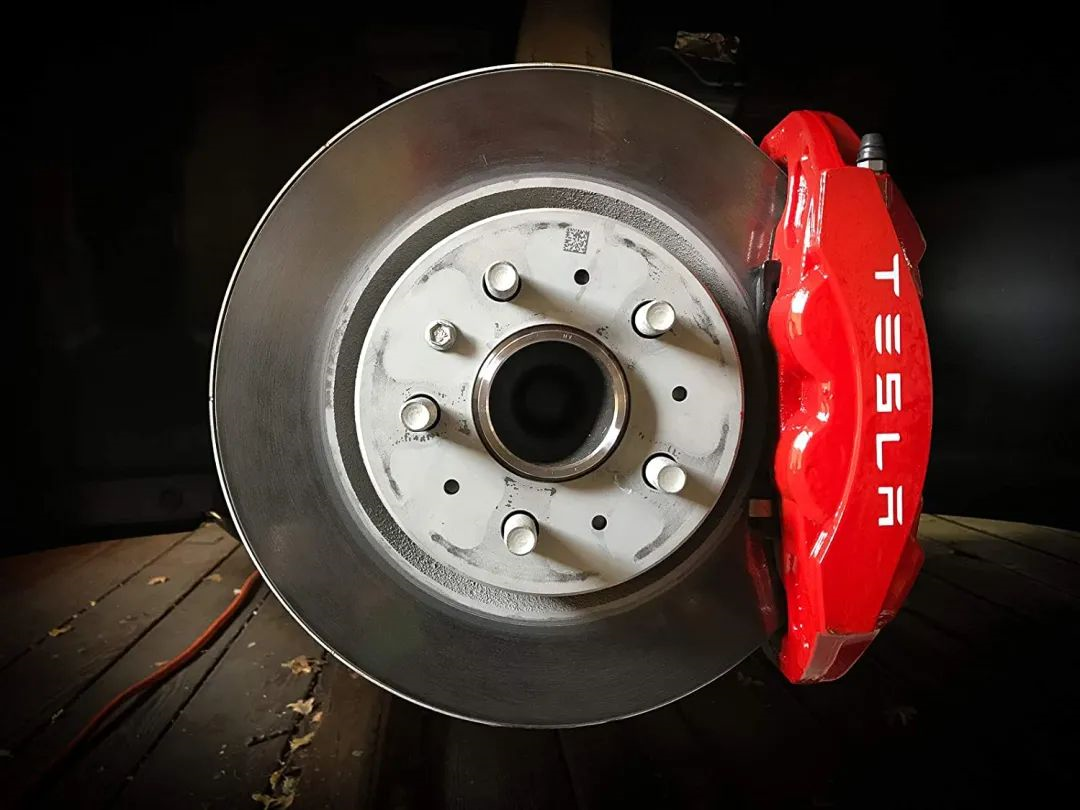
Looking at the data publicly released by Tesla, the braking system, including ABS, was functioning properly, so it cannot be determined that the hydraulic braking system was not working. However, according to the female car owner, she applied too much force to the brake pedal before the accident. If what she said is true, it is likely that Tesla’s electronic vacuum pump booster failed, which caused the driver to be unprepared and mistakenly believed that they could not step on the brake pedal to stop.
However, it is difficult to reproduce the failure of components like the electronic vacuum pump booster. Even after braking tens of thousands of times on a bench, it might not be possible to reproduce the failure once.
This may be the key reason why both parties were unable to reach a final settlement.No consumers are expected to bear the responsibility of understanding the principles and working logic of brakes or interpreting data, just like not knowing whether the capital of Australia is Sydney or Canberra, thousands of kilometers away, has no impact on our daily lives.
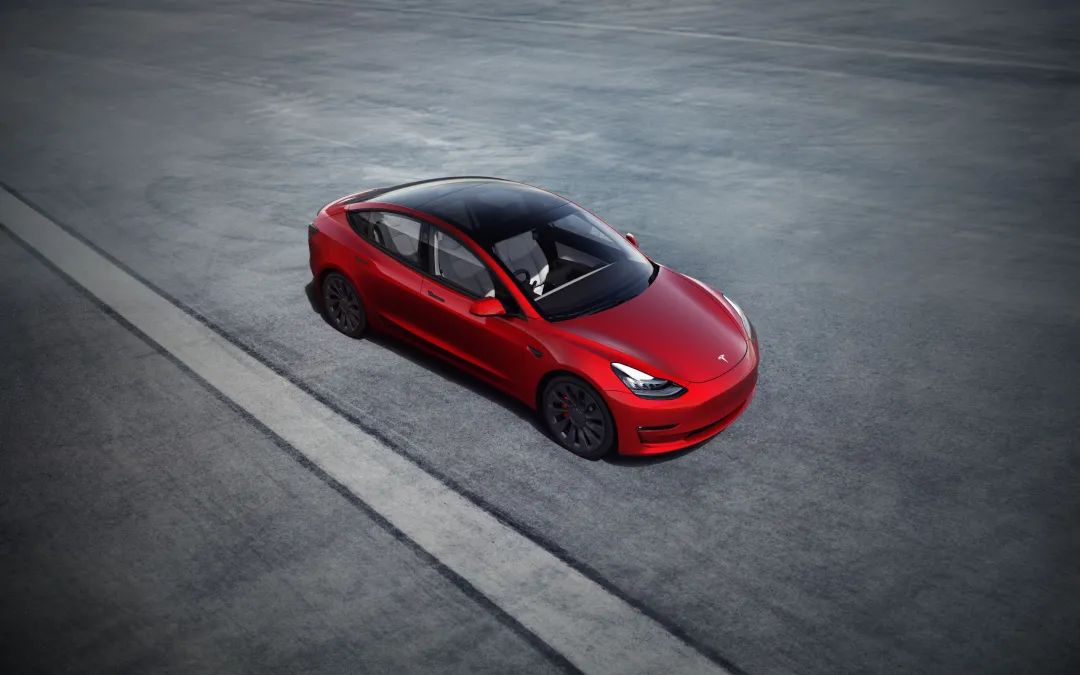
We only hope that the brakes will accurately perform their duties and the vehicle will slow down or stop according to our will when we press the brakes with a clear mind.
Disappeared Factory Site + Early Repayment of Loans = Fleeing Signal?
With the fermentation of the “brake incident,” Tesla’s recent actions at its Shanghai factory have also been infinitely magnified.
The “retina effect” tells us: when you focus on something, selective attention will help you unconsciously filter out irrelevant information, and it seems that everything will be related to what you care about. Tesla is no exception.
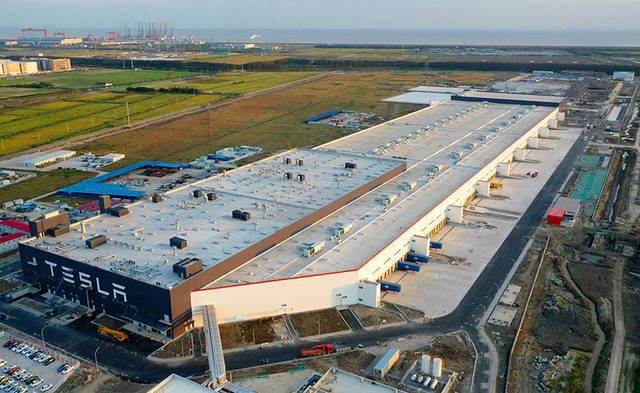
When the focus is on Tesla, it seems that any of its actions will be related to public opinion: Tesla giving up the purchase of a factory site in Lingang, Shanghai; pausing further expansion plans for the Shanghai factory; Tesla repaying loans related to spending on the Shanghai Super Factory in advance…… Many people wonder: is Tesla “escaping” from China because of the “brake failure incident”?
In fact, Tesla’s abandonment of land auctions occurred on March 30, 2021, which was a month before the Shanghai Auto Show incident, and Tesla had already pressed the pause button on the expansion of the Shanghai Super Factory.
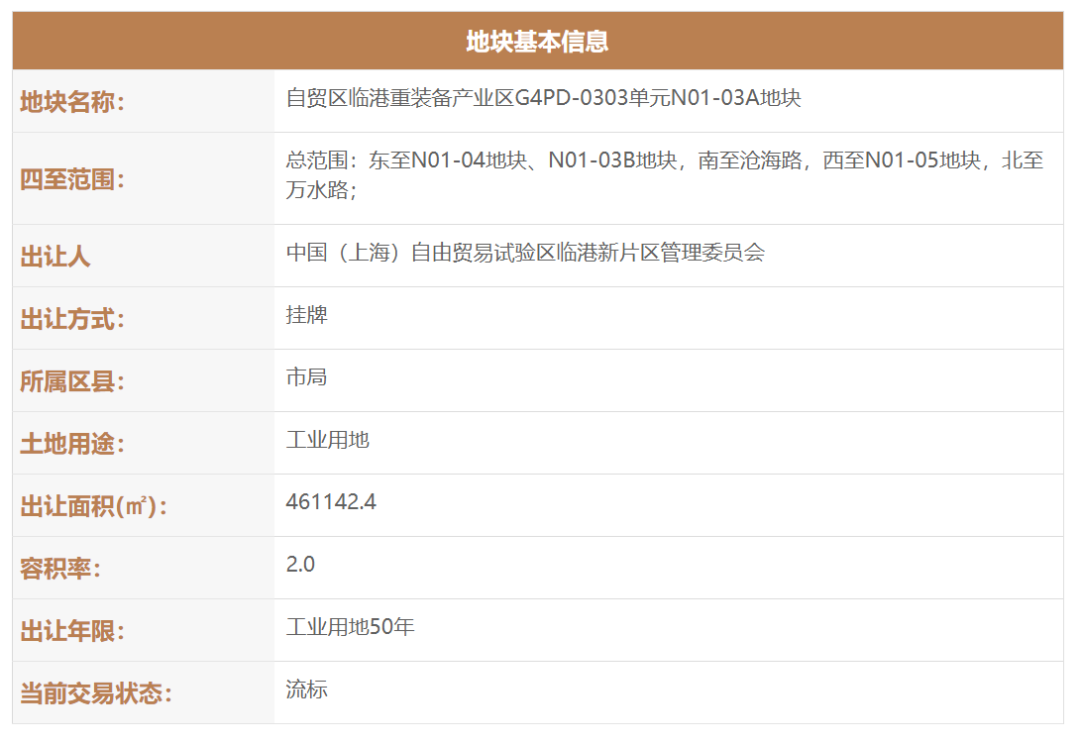
This is due to Tesla’s own demand and the “situation” factor, according to Tesla officials.
Tesla had predicted its sales volume for the next few years in its 2020 full-year financial report:
On the basis of delivering 499,550 vehicles throughout 2020, the annual delivery volume in the next few years will increase by an average of 50%.
That is to say, according to the forecast, Tesla’s delivery volume in 2021 will reach 750,000 vehicles, and the delivery volume in 2022 will reach 1.125 million vehicles.
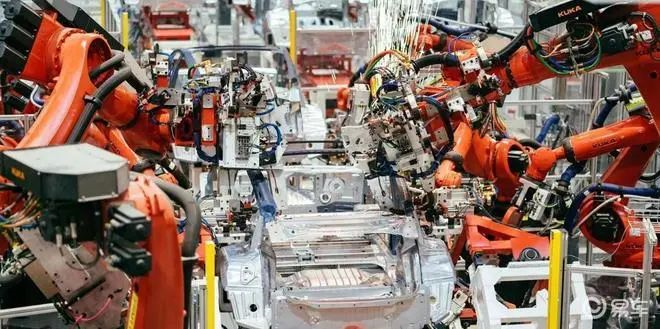 Currently, the production capacity of Shanghai factory is 450,000 vehicles, accounting for 40% of global production capacity. Based on projection, the current global capacity is about 1.1 million. Although the completion date of the Berlin factory in Europe has been delayed repeatedly and there are rumors that it may not be put into operation until January 2022, Tesla can still meet the sales demand for this year and next year by relying on the production capacity of Fremont factory and Shanghai factory.
Currently, the production capacity of Shanghai factory is 450,000 vehicles, accounting for 40% of global production capacity. Based on projection, the current global capacity is about 1.1 million. Although the completion date of the Berlin factory in Europe has been delayed repeatedly and there are rumors that it may not be put into operation until January 2022, Tesla can still meet the sales demand for this year and next year by relying on the production capacity of Fremont factory and Shanghai factory.
Even if the brand image is not affected and sales grow as expected, the production capacity in the next two to three years can be met.
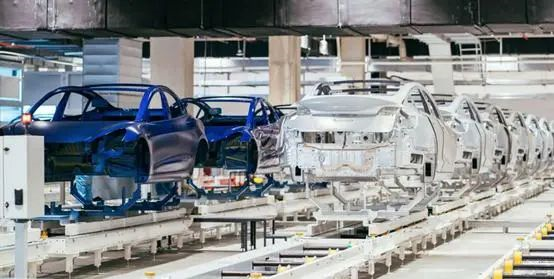
Although the land auctioned off this time is adjacent to the Tesla Shanghai factory Phase II, the contract clearly states that construction must start within 6 months after the land is delivered and production must be put into operation within 36 months. In the next two to three years, the Berlin factory and the American Austin factory will also be put into operation. In this case, Tesla is not in such a hurry to expand the Shanghai factory.
In addition to meeting demand, Tesla originally planned to turn the Shanghai factory into an export center for the global market, even exporting cars to America. However, the increase in tariffs on Chinese imported goods during the Trump era has resulted in a 25% tariff on Chinese cars exported to the United States, which is obviously not cost-effective.
As for paying off the loan ahead of time, Tesla has done this before. In 2013, during the Obama administration, Tesla paid off a $452 million loan from the US government for clean energy construction five years ahead of schedule. On the day the repayment news was announced, Tesla’s stock price rose 10% at its intraday high and continued to rise in the next few days.
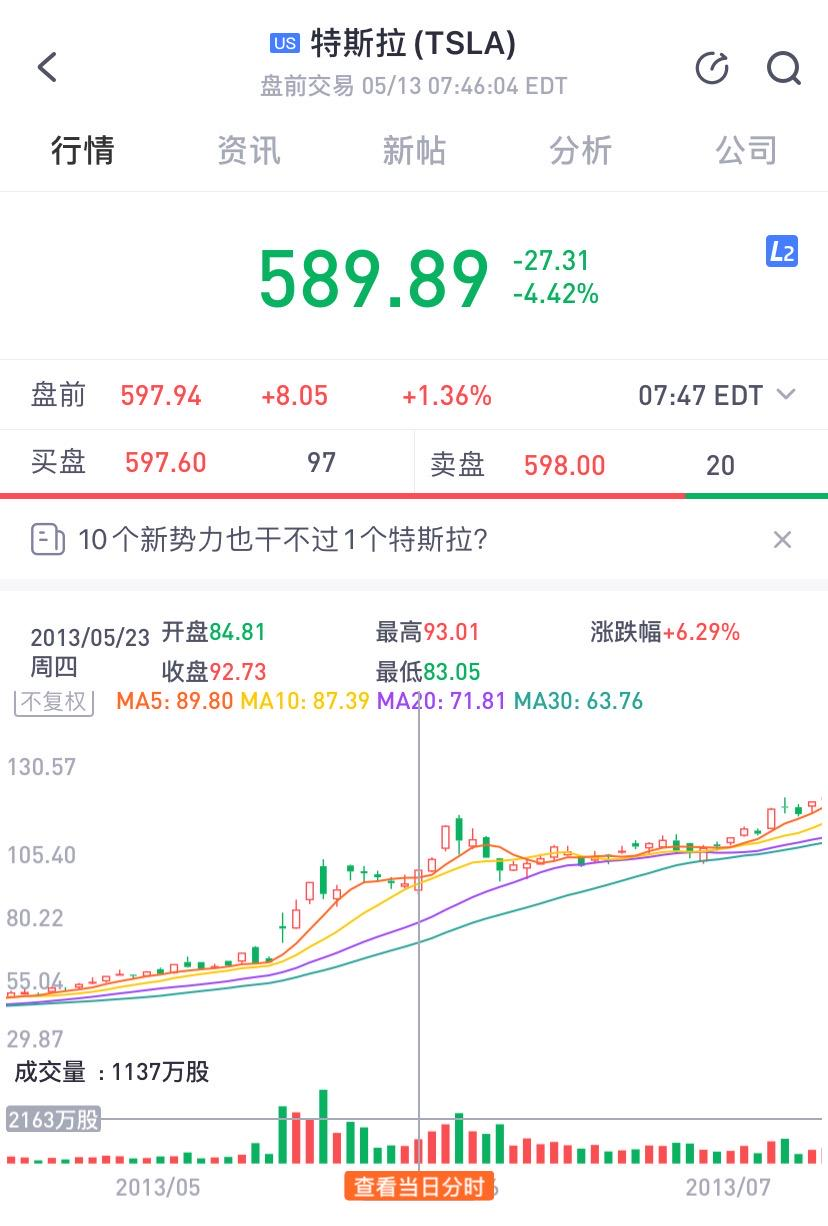
We all know that Tesla is not only a technology company, but also a listed company with “internet celebrity” effect. In a situation where cash flow is sufficient, paying off loans ahead of time can not only get rid of some operating contracts associated with loans, but also increase investors’ confidence in the company’s operations.
However, unlike the effect of paying off loans ahead of time eight years ago, Tesla’s stock price has not been boosted by the repayment this time. Since April 19th, Tesla’s stock price has fallen by 18%, due in part to the car show incident, but more to the “deflating period” of the valuation bubble of new energy vehicles since March.
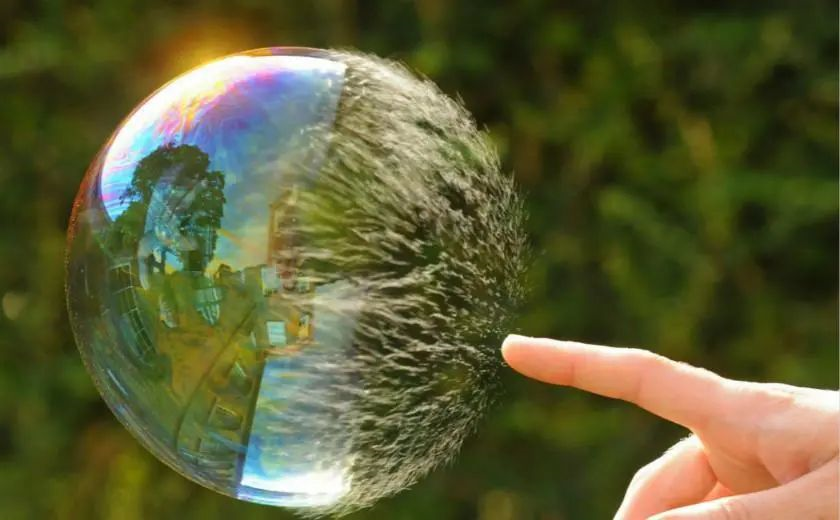
From the table, we can see that traditional car companies such as Toyota, which had previously had stable stock prices, still have relatively stable stock prices recently; but companies that have seen soaring stock prices in the era of smart cars are not so stable, with their stock prices falling by 10% to 20% due to the risk of previously overvalued bubbles.## The Pressure of “Sandwiched” Force
In addition to public opinion questioning, discussions about the safety of automobile data have also attracted a lot of attention.
The cameras in the car collect high-definition facial expressions and other data of the driver, and the cameras outside the car collect road condition information. Even Tesla recently announced that it will soon make the user’s system background data public, which raises questions about safety: how are these data processed? Whether it involves secrets or privacy? How to ensure data security?
On May 12, 2021, the Cyberspace Administration of China and relevant departments drafted the “Regulations on the Management of Automobile Data Security (Draft for Comment)” and publicly solicited opinions from the society. At this crucial moment, it is difficult for people not to associate it with Tesla’s decline.
Several years ago, in the face of the increasingly large amount of user-side data, Apple began to establish data centers in China to leave iPhone data in the country for processing, in order to improve processing speed and reliability.
Now, with the skyrocketing level of digitization in automobiles, data and information security within the car, like computers and mobile phones, require industry standards for management and regulation.
As a focus of public opinion, Tesla carries our attention to the safety of automobile data. We are more concerned about whether Tesla can build a Chinese data center in the second quarter of this year and whether it can handle issues with user privacy and data security.
We are more concerned about the future, when humans become transparent in the face of intelligent automobiles, can automakers properly handle issues of user privacy and data security?
Public Opinion Storm and B-Side
Even in places within visible range, Tesla has attracted too much attention: as soon as someone in a WeChat group shares a photo or video of a car accident, everyone immediately gathers to see if it just happened and if it was a Tesla model involved, and then criticize, point fingers, or commiserate.
Non-car owners make fun of car owners, fuel-efficient car owners make fun of new energy car owners, or they make fun of Tesla owners and those who have already ordered the car together.
With the development of social media and online self-media, everyone has become a node for information dissemination.
This scene is so familiar.
Every time a new generation Huawei flagship smartphone is released, people always criticize the weird position of the front camera, the layout of the rear camera, or the screen technology.# Every Generation Has Its Critics
Every time a new generation of iPhone is released, there are always those who proclaim that Apple’s innovative ability is at its end and that even Steve Jobs’s grave cannot contain the disappointment.
However, despite facing the chip supply crisis, Huawei, before it hit, was once the world’s largest smartphone maker, stably ranking in the top three for a long time.
Apple’s revenue has also not been greatly affected, and it remains one of the most successful tech companies in the world today.
I wonder if over a hundred years ago, Karl Benz and his collaborator Daimler also faced ridicule and curses from carriage drivers?

If Mrs. Benz knew that the term “female driver” would become a way to mock female drivers for getting into car accidents in later years, would she still have become the world’s first driver unknowingly driving from Mannheim to Pforzheim?
The times still require a group of people to push forward, even forcing the industry and market to move forward. However, most people only see the infinite scenery after success and do not care about the pioneers who fell “along the way”.
In fact, there is a company with a founder who has dual degrees in economics and physics, but has a rebellious and eccentric personality, and even calls himself “Leaf” during live broadcasts. The company’s employees describe his management style as that of a “tyrant,” and he even becomes furious because of subordinates’ clothing styles he dislikes.
Such a company’s genes determine Tesla’s attitude, which seems too rebellious and crazy in this age of experience emphasis.
“The Records of the Grand Historian•The Biography of Xiang Yu” records the following sentence, “One who is rich and noble but do not return to their hometown is like wearing fancy clothes on a night journey, who can see it?”
This was said by Xiang Yu, a stubborn old nobleman from the former Chu State. We all know that he was successful in that era, but later he failed.
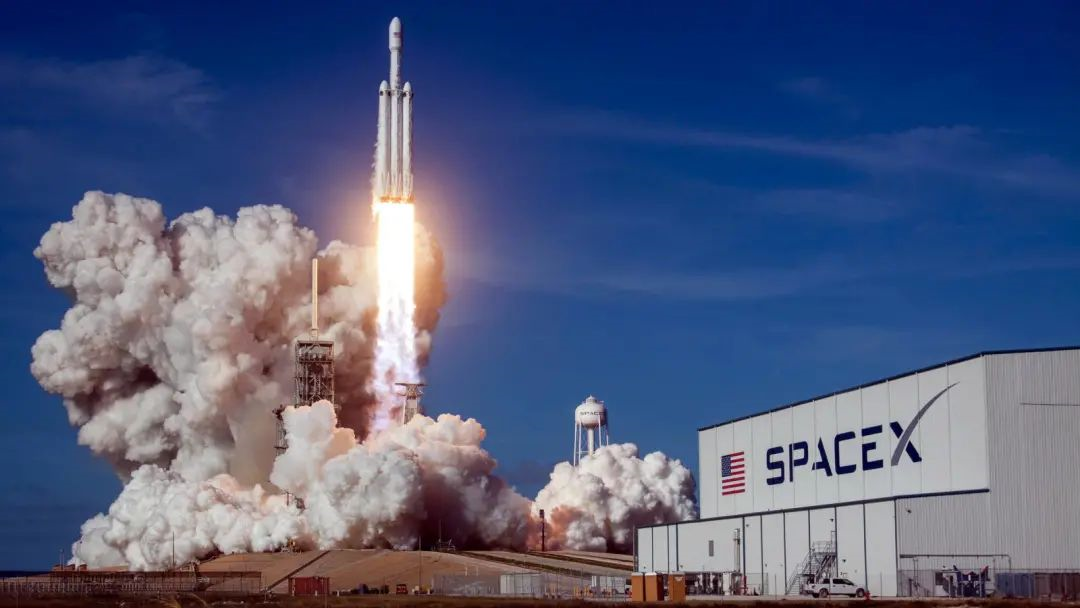
If SpaceX’s rockets, before they truly fly into the vastness of space, were ridiculed by some people as just harmless “big fireworks” that Elon Musk made for all humanity, then the fatal accidents caused by Tesla carrying consumers’ lives and fortunes cannot be ignored.
The view that this is the price that must be paid for technological progress is even more outrageous.
We need brakes that won’t fail in critical moments, a serious attitude towards safety and experience, and a responsible attitude that won’t shift blame.
If we deny all of this, those hurt will not only be the passengers and their families but also the trust established by society in the automotive industry, autonomous driving, artificial intelligence, and even technological innovation around the world.
Final Words
As usual, we’ll end the topic today with a little story.# Mr.Yu’s Consumer Rights Protection Experience
Last year, Mr.Yu personally experienced a consumer rights protection case against a certain technology company from the Top 500 in the world.
During the course of which, he encountered engineers who immediately blamed compatibility issues, senior customer service representatives who spent more than an hour repeatedly confirming the serial number over the phone, repair stations that could not fulfill their promises, and other experiences that are now somewhat unbelievable today. Finally, with the help of the e-commerce platform, Mr.Yu completed the consumer rights protection.
At the time, Mr.Yu thought, do all people have to endure these when dealing with brands?
Can we expect every consumer to have the spare time to collect evidence across language barriers on the brand’s official foreign forum?
Can we hope that professional and dedicated after-sales staff of e-commerce platforms can always stand on the side that is needed?
Can we expect every consumer to face frustrating inefficiencies, bad attitudes, and blaming without emotions?
Can we expect every consumer to have a pre-leader who was once a sales manager in a world-class energy giant to teach negotiation skills in a relaxed manner?
Of course not.
“The customer is always right” was initially spoken by the founder of a retail giant and has been carried forward by years of efforts by consumer rights organizations to rebuild the industry’s reputation.
However, we are all human beings. We do not want to be reborn after carrying thorns, being exposed to the sun and rain, being shot with guns, and being crucified.
We just want to complete our consumption behavior that is consistent with trust and mutual interests with joy, respect each other’s personal dignity, and experience attention rather than leave the decision of our life and property safety to the crowds.
The problem that Tesla is facing now is the problem that any company or institution exploring technology in uncharted territories must face: if AI-based medical diagnosis technology makes a mistake, it will affect the final judgment of human doctors; if security AI based on monitoring video misjudges a suspect, it will directly affect the efficiency of police investigation…
However, in the end, whether the company shoulders all responsibilities or dodges them by counterattacking or insisting on “technology is innocent,” is the real reason why we wonder “what’s wrong with you?”
This article is a translation by ChatGPT of a Chinese report from 42HOW. If you have any questions about it, please email bd@42how.com.